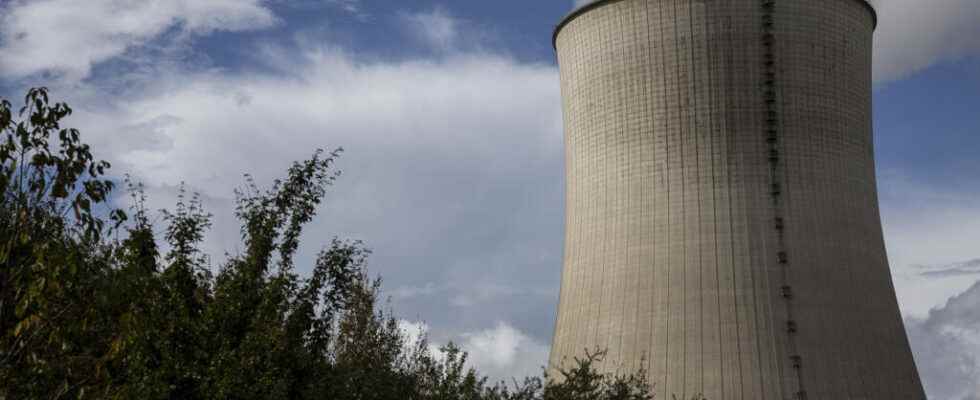The long-term consequences of climate change on the French nuclear fleet, in service and to come, must be better anticipated. This is one of the messages sent on Monday by the Nuclear Safety Authority, ASN, which presented its wishes to the press. This summer, for the first time since 2003, the nuclear police in France had to grant operating exemptions to five nuclear power plants due to the heat wave.
Nuclear power plants pump water from rivers to cool their reactors and then discharge it to the same place a little warmer. This summer, due to the heat wave, the water of the Garonne was for example at 28°. Discharges from five power plants would therefore exceed regulatory limits.
To guarantee the production of electricity, the State has authorized them to temporarily exceed these limits, which are nevertheless designed to preserve the fauna and flora of the waterways.
It was the first time since 2003. But the phenomenon will increase with climate change, warns the Nuclear Safety Authority.
“ Vision at the same time global, territorial and in great anticipation »
For existing plants and those to come, it will therefore be necessary to consider modifying the cooling processes, calculating the cumulative effects on the rivers if EPRs are added. And above all think about the scale of the territory, explains Bernard Doroszczuk, President of the ASN: “ River water is also available to local authorities for drinking water use, and perhaps available, for example, to farmers. So you have to have a vision that is both global, territorial and in great anticipation “.
Warming of rivers, air or risk of tornadoes… Faced with climate change, nuclear companies will now have to anticipate on the scale of several decades, recommends the Nuclear Safety Authority.
This morning, January 23, B. Doroszczuk, Chairman of ASN, and O. Gupta, Director General, drew attention to the weaknesses and unprecedented hazards that have affected the reactors #nuclear and fuel cycle facilities https://t.co/YWIJshpXIr
— Nuclear Safety Authority (ASN) (@ASN) January 23, 2023
► Listen also: Electricity: “We are becoming exporters again but we have not emerged from the energy crisis”
